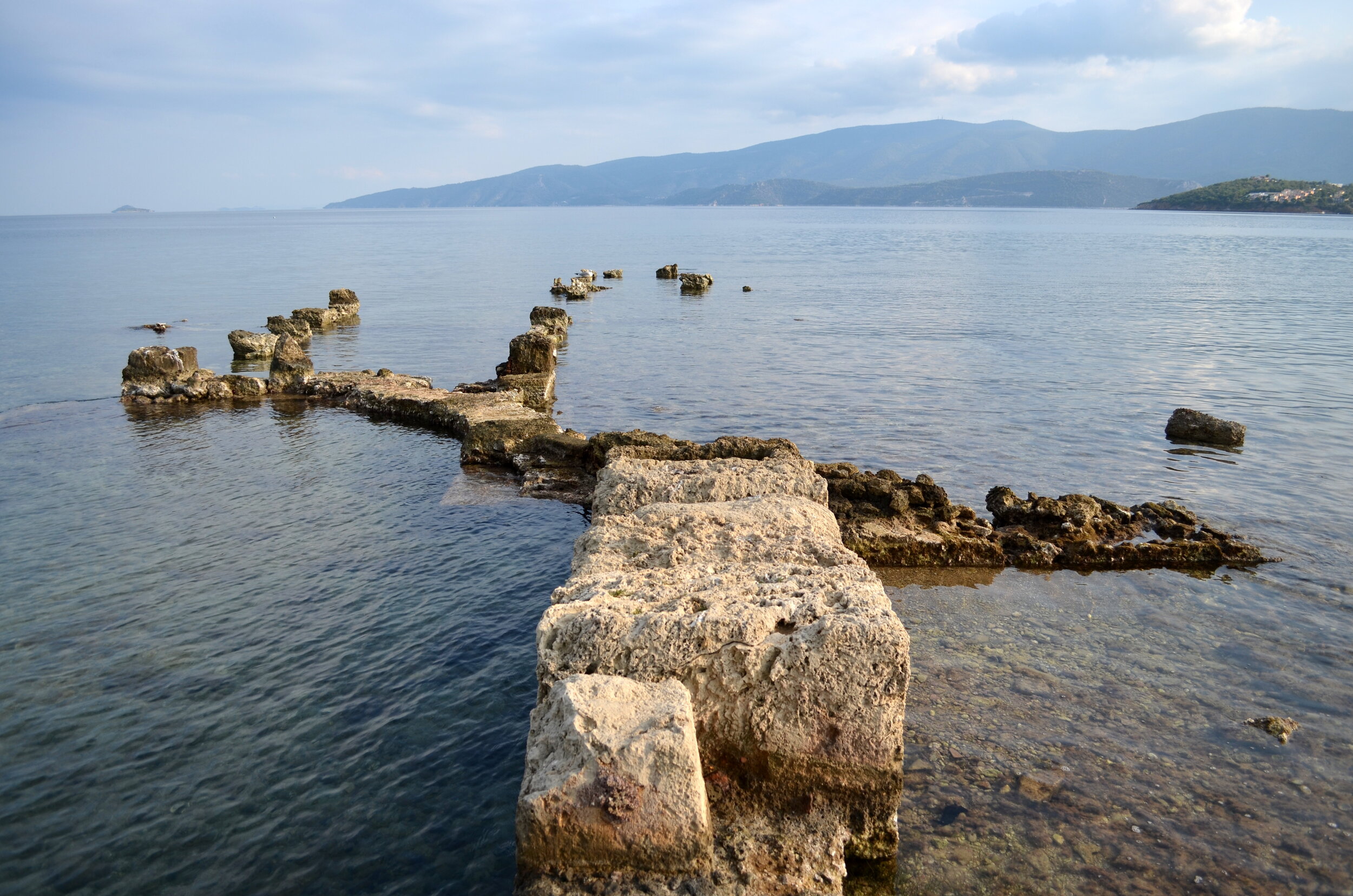
Across the Corrupting Sea: Post-Braudelian Approaches to the Ancient Eastern Mediterranean
Rethinking Braudel’s Mediterranean for a modern audience.
This book reframes current discussions of the Mediterranean world by rereading the past with new methodological approaches. The work asks readers to consider how future studies might write histories of the Mediterranean, moving from the larger pan-Mediterranean approaches of The Corrupting Sea towards locally-oriented case studies. Spanning from the Archaic period to the early Middle Ages, contributors engage the pioneering studies of the Mediterranean by Fernand Braudel through the use of critical theory, GIS network analysis, and postcolonial cultural inquiries. Scholars from several time periods and disciplines rethink the Mediterranean as a geographic and cultural space shaped by human connectivity and follow the flow of ideas, ships, trade goods and pilgrims along the roads and seascapes that connected the Mediterranean across time and space. The volume thus interrogates key concepts like cabotage, seascapes, deep time, social networks, and connectivity in the light of contemporary archaeological and theoretical advances in order to create new ways of writing more diverse histories of the ancient world that bring together local contexts, literary materials, and archaeological analysis.
Edited with Cavan Concannon.
Published 2016 (Routledge Press).
Material and Textual Narratives of Authenticity? Creating Cabotage and Memory in the Hellenistic Eastern Mediterranean
My chapter in Across the Corrupting Sea explores the early Egyptian cult agents in Hellenistic Greece. Focusing particularly on Delos, Demetrias, and Thessaloniki, I explore how cult communities emphasized the Egyptian origins of their local cult through both text and objects as part of a legitimizing process.
